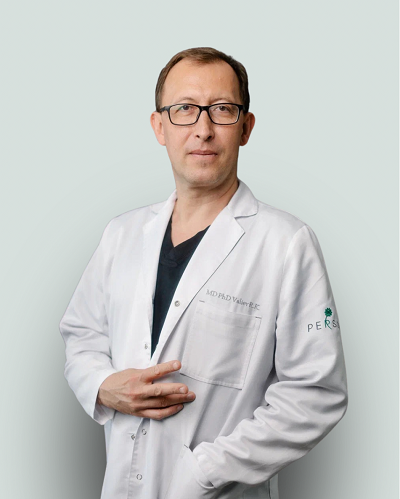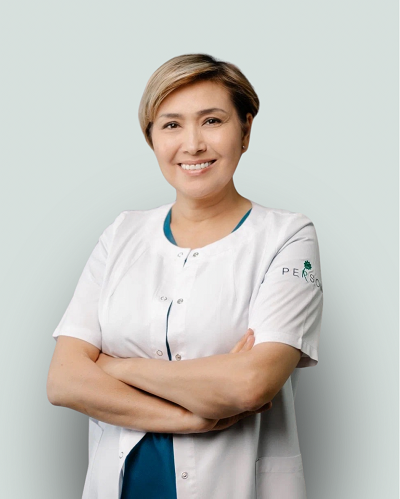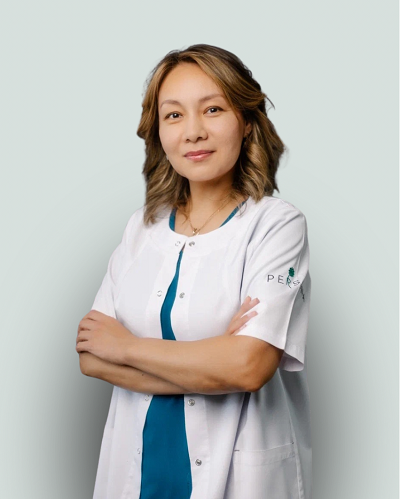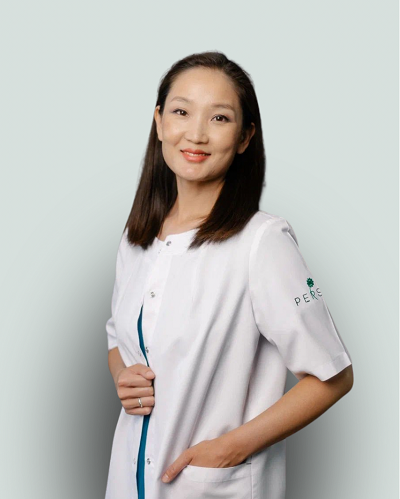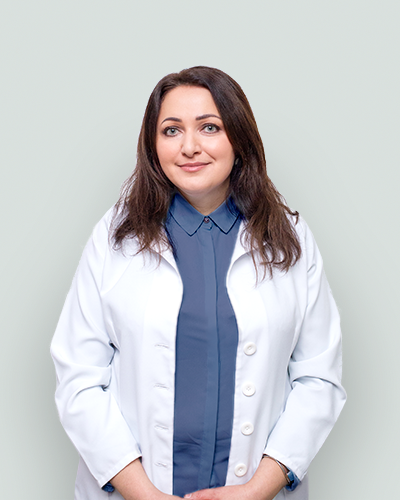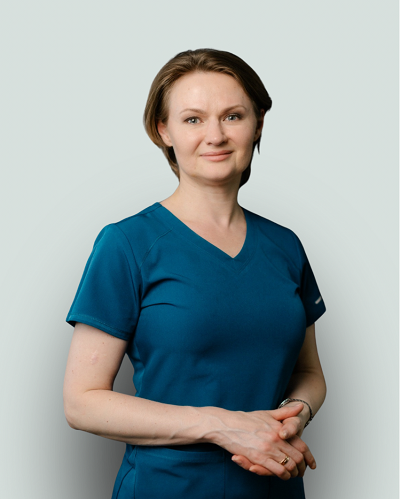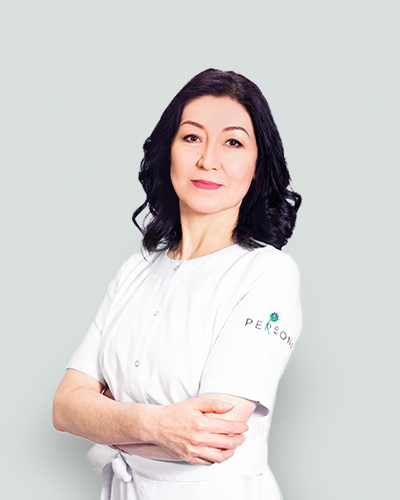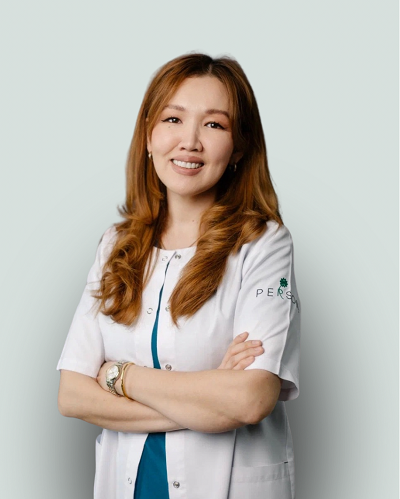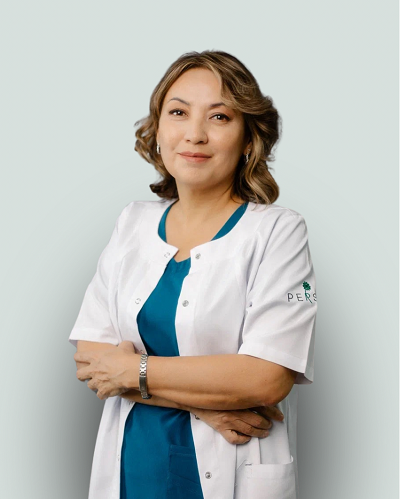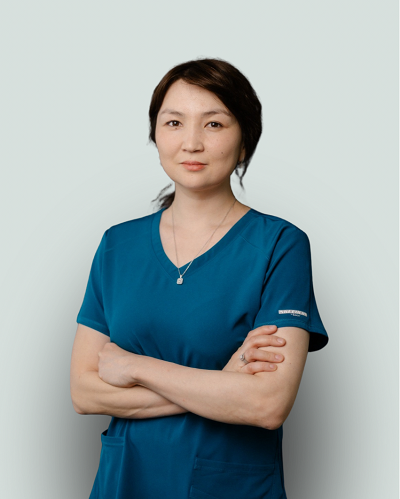In Vitro Fertilization (IVF)
The first child, conceived by the method of IVF (developed by British scientists Robert Edwards and Patrick Steptoi), was born in 1978. Today, with the help of in vitro fertilization, millions of children have already been born in the world.
In Vitro Fertilization (IVF) - (from the Latin. Extra - outside, outside and the Latin. Corpus - the body, that is, fertilization outside the body) - an effective and most frequently used method of assisted reproductive technology for infertility. In English, abbreviated as IVF (in vitro fertilization). With the help of IVF, the conception and development of the embryo in the early stages occurs in a special environment that is maximally adapted to the natural environment of the woman. This method of ART is recommended if the state of the reproductive system (both men and women) does not allow the child to conceive in a natural way, and the causes of infertility are not treatable.
In vitro fertilization is a high-tech and time-consuming process that requires highly qualified specialists, as well as an integrated approach to diagnosing problems and carrying out manipulations. The success of the IVF procedure is always the result of the joint work of an entire team of doctors of various specializations, so it is important that the selected clinic be staffed with qualified doctors of various specializations.
When can IVF help?
The method of in vitro fertilization is advisable in case of dysfunction of the reproductive system of one or both partners, as well as the desire of a woman to become pregnant using donor cells.
IVF may be needed for idiopathic infertility, that is, if the cause of infertility of the couple has not been identified, since both partners are healthy. The reasons for which it is impossible to get pregnant can be combined, in this case, infertility is combined.
IVF is also suitable for single women and girls, since it involves the use of donor sperm and eggs. An unmarried woman who does not have a sexual partner can also become a mother with IVF.
In whatever situation you are in, our specialists will find the best solution to the problem and will make every effort so that you can bear and give birth to a healthy baby. It is important to understand that children “from the tube” are no different from those born due to natural conception. This fact is confirmed by numerous studies in this area.
What is the essence of the IVF procedure?
In vitro fertilization is possible only in a specialized clinic. The procedure consists of several stages:
- preparation for IVF
- receiving eggs (puncture)
- sperm production
- in vitro fertilization
- embryo cultivation
- embryo transfer into the uterine cavity
PERSONA International Clinical Center for Reproductology is equipped with the most modern equipment that allows to carry out IVF procedure at a high level in accordance with international standards. However, often the main difficulty of the procedure lies not in the fertilization of the egg and in its replanting, but in the preservation of pregnancy and the need to prevent the rejection of the embryo by the woman’s body. That is why all patients who have undergone an IVF procedure in our center are under the supervision of their reproductive specialist before 12 weeks of pregnancy.
PERSONA also offers a pregnancy management program, including high-risk pregnancy.
Can there be contraindications to IVF?
Any procedure has its own indications and contraindications, IVF is no exception.
Contraindications to IVF are:
- mental and somatic diseases that prevent normal pregnancy, childbirth and childbirth;
- abnormal development of the uterus or its deformations that make pregnancy impossible;
- oncological diseases, as well as benign neoplasms in the uterus and ovaries, which require surgical treatment;
- inflammatory processes in acute form.
It is worth noting that not all contraindications are absolute. Some are relative and can be eliminated in the process of conservative or surgical treatment, leaving fairly high chances of getting a pregnancy. More than half of patients with complex cases of infertility who turned to our specialists for help became happy parents.
Medical examination before IVF
The preparation stage is one of the most important stages of IVF. The success of the protocol directly depends on the thoroughness of the medical examination.
Laboratory and clinical studies can identify negative factors that may hinder pregnancy in IVF. Full examination allows you to minimize the risk of miscarriage, complicated pregnancy, and the risk of genetic diseases in the unborn child.
In addition, a detailed survey before the IVF program significantly increases the chances of its success from the first attempt. Full information on the patient's health status allows the doctor to make the correct diagnosis, select the correct treatment program and minimize possible complications.
The list of tests is prescribed by the attending physician individually, as a rule, this occurs during the initial consultation. If you have already had IVF attempts, familiarize the doctor with the statements about the program, as well as the conclusions of experts about the operations performed earlier.
List of tests for women
required:
- gynecological examination
- ultrasound of the pelvic organs
- clinical blood test
- determination of blood group and Rh factor
- blood test for syphilis, HIV, hepatitis B and C viruses
- examination of swabs on the flora of the urethra and the cervical canal and the degree of purity of the vagina
- conclusion of the therapist about the state of health and the possibility of carrying a pregnancy
according to indications:
- examination of the state of the uterus (minihysteroscopy);
- examination of the fallopian tubes (hysterosalpinography or hysterosalpingoscopy);
- endometrial biopsy;
- blood tests for hormones (FSH, LH, Prolactin, TSH, T3, T4, ATTPO, ATTG, testosterone, DEA-S, cortisol, estradiol);
- research on the presence of sperm and antiphospholipid antibodies;
- bacteriological examination of material from the urethra and the cervical canal;
- cytological examination of cervical smears;
- infection screening (chlamydia, uro- and mycoplasmosis, herpes simplex virus, cytomegaly, toxoplasmosis, rubella);
- karyotyping;
- conclusions of other experts on the testimony
List of tests for men
required:
- blood test for syphilis, HIV, hepatitis B and C (valid for 3 months)
- spermogram
according to indications:
- determination of blood group and Rh factor
- MAR test (test for the presence of antisperm antibodies in the ejaculate)
- andrologist consultation
- infection screening (chlamydia, uro- and mycoplasmosis, herpes simplex virus, cytomegaly);
- karyotyping;
- The main analysis to prepare for IVF men is spermogram. In order for the spermogram results to be accurate, it is recommended not to drink alcohol, not to go to the sauna or take hot baths for a week before the analysis, and also to abstain from sex 2-5 days before the examination.
- The timing of some tests for IVF pass quickly enough, and you may need to do a retest if you were unable to see a doctor at the appointed time.
Psychological training
It is equally important to prepare for the upcoming IVF program at a psychological level.
Positive thoughts and emotions stimulate the cerebral cortex to produce tropic hormones of the pituitary gland, which, in turn, affect the production of hormones in the ovaries necessary for the onset of pregnancy.
In our center you can get advice from a highly qualified psychologist. An experienced specialist will help to form the right motivation and create a positive attitude, which is extremely necessary for a woman during the planning of conception, regardless of whether it is a natural pregnancy, or IVF protocol.
Discipline and compliance
When planning an IVF program, the fertility specialist takes into account the individual characteristics of the woman. It is necessary to strictly adhere to the recommendations of the attending physician and not to change the prescriptions yourself. It is important to understand that recommendations for one patient may not be acceptable for another. In the process of preparing for the IVF program, you should always discuss emerging issues only with your doctor.
Types of IVF protocols
In accordance with the individual characteristics, different IVF protocols can be applied:
- short;
- long;
- hyperlong;
- ultrashort;
- with minimal stimulation.
Two types of protocols are most commonly used - long and short.
IVF long protocol
With a long protocol, drugs that suppress luteinizing hormone (LH hormone) are used. When the level of LH is reduced to a minimum, drugs are used to stimulate the growth of follicles in the ovaries. In this case, the egg can be obtained in about a month.
A long protocol can be used if a woman has a good ovarian reserve and it is possible to predict the receipt of the required number of eggs.
The use of a long IVF protocol begins from 20-22 days of the menstrual cycle in the so-called luteal phase. In the process, a fertility doctor can exclude or replace certain drugs, and change their dosage. In this case, the reaction of the body of different patients with the same protocol and the same dosage of drugs will be individual. It is also important to understand that the doctor does not affect the quality of the egg, it only seeks to obtain the oocyte of the desired size.
The long protocol of IVF is considered the most successful, because it increases the chances of pregnancy.
IVF short protocol
A short protocol lasts an average of 10 days, starting with a 4-5 day cycle of the patient. With this type of protocol, the woman’s natural hormonal background is maximally preserved. First, drugs are used to prevent premature ovulation, and then drugs that stimulate the ovaries. A short IVF protocol is ideal if both ovaries respond to stimulation. As a result, a greater number of eggs are produced, which can be used later. The short IVF protocol may also be modified, if necessary, to achieve a better result.
During the natural cycle, only one egg develops in a woman’s body, very rarely two. A long or short IVF protocol allows for a much larger number of cells and increases the chances of pregnancy.
The choice of protocol is the task of the fertility specialist only. He decides on the basis of the patient’s state of health, as well as the characteristics of her body.
Natural cycle IVF
In vitro fertilization in the natural cycle (IVF in the EC) is a method of artificial fertilization of an egg that has matured in the female body in the natural periods for this, without stimulation with drugs.
- Natural cycle IFV is recommended to:
- young women with a high ovarian reserve, as well as a regular menstrual cycle, if the male factor is the cause of infertility of the couple;
- women of mature age, who, with hormonal stimulation, receive only 1-3 eggs;
- women who have always had good embryos in the IVF program, but the implantation has failed.
Natural cycle IVF in selected cases:
- In case of low AMH, natural cycle IVF is better conducted with donor oocytes, because such patients may not have a low ovarian reserve and a mature, fertilizable egg in the cycle.
- In case of high FSH, natural cycle IVF is not recommended because of the low probability of success (you must first carry out treatment in order to achieve a normal level of this hormone in the blood).
- In case of endometriosis with preserved ovarian reserve, natural cycle IVF has chances for success (however, sometimes before entering into the protocol, preparation is required - cauterization or removal of large foci of endometriosis).
Natural cycle IVF statistics
According to statistical data, natural cycle IVF is effective in approximately 7% of the cases of cycles initiated, and in 16% with the transfer of the embryo into the uterus of the patient, i.e. the probability of fertilization from the first attempt by the natural cycle IVF method is significantly lower than in the protocol with stimulation.
IVF with stimulation
In vitro fertilization with ovarian stimulation is currently the most relevant and effective technique of ART. This method allows you to achieve maximum results in the treatment of infertility, due to obstruction of the fallopian tubes and a number of diseases of the uterus, as well as hormonal disorders. Stimulation starts the process of maturation of several eggs at once and significantly increases the chances of successful conception.
For stimulation, specialized hormone preparations are used. The choice of the desired drug and its dosage is carried out individually by a reproduction doctor, based on the results of the examination.
What determines the effectiveness of IVF?
The effectiveness of the protocol is influenced by several primary factors, such as:
- embryo status
- condition of the uterus and endometrium
Much depends on the qualifications of the specialist, as well as on the patient herself. Careful preparation for IVF is important, as well as adherence to a number of rules after the embryo is inserted into the uterus. The first is to avoid stress, overheating and heavy physical exertion.
However, these are not the only factors. The success of the procedure also depends on:
- age (the chances of success are reduced after 38 years - in women and after 45 years - in men);
- on the cause of infertility;
- the duration of the period during which you can not get pregnant;
- Have there been unsuccessful attempts to get pregnant with IVF in the past?
- on the lifestyle and behavior of patients (smoking and drinking alcohol reduce the chances of pregnancy);
- from factors of heredity, etc.
Our center employs highly qualified specialists with extensive experience, which allows us not to refuse even the most difficult situations.




